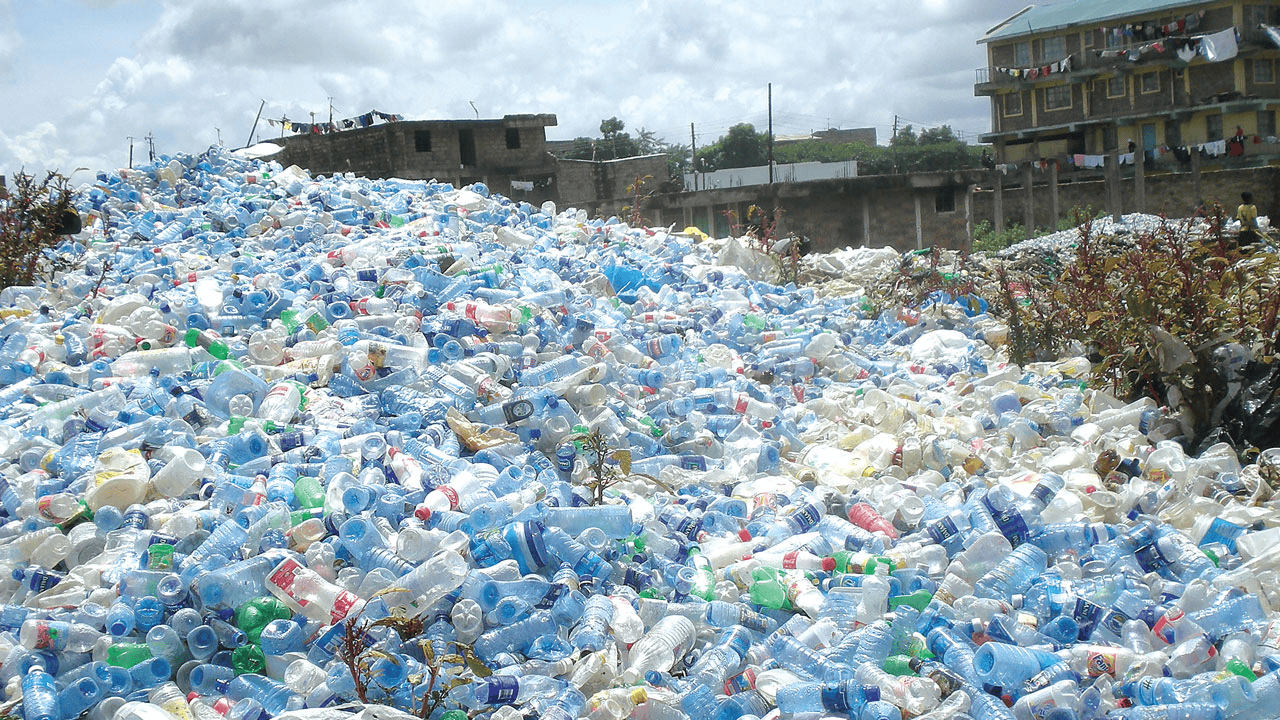The World Trade Organisation has said that illicit trade damages societies and hinders economic growth and development.
This was revealed in a publication on fighting illicit trade in medical products by WTO on Monday.
The organization stated that it not erode only legitimate companies but also encourages corruption and denies governments vital tax revenue for social initiatives.
It said that the WTO Secretaria, headed by the Director-General Ngozi Okonjo-Iweala has been analysing how WTO regulations can assist members in addressing some of the difficulties brought on by such trade.
Okonjo-Iweala underlined that more extensive initiatives were required to increase members’ capabilities to fight illicit trade and to promote international collaboration.
She revealed that to address the role the WTO may play in assisting in the fight against this issue, the WTO Secretariat has released a new paper on the illicit trade in food and food fraud.
The WTO DG noted that to examine this issue from multiple angles and highlight tactics for combating the illicit trade in food and food fraud, the publication draws on the expertise of a wide range of organizations, including the United Nations Food and Agriculture Organization, the International Seed Federation, a non-profit organization for food safety, the Transnational Alliance to Combat Illicit Trade, and the United Nations Interregional Crime and Justice Research Institute.
She said “Illicit trade and fraud in the agri-food sector have a damaging impact on various stakeholders, ranging from consumers, farmers and agri-businesses to regulators and other operators within the food industry. Although the global cost of fraud to the food industry is difficult to determine given the clandestine nature of the activity, annual estimates are in the range of $30–50bn, not including losses associated with illicit trade in alcoholic drinks.
“The impacts of illicit trade can be far-reaching, affecting different segments of society and the economy. Illicit trade in food and food fraud causes economic losses to legitimate businesses through the loss of sales and consumer confidence. Governments not only lose valuable revenue as a result of tax evasion but also incur costs in the fight against counterfeit crime and smuggling.”
In addition, She stated that tainted or adulterated food products could seriously endanger the health of consumers and have fatal results. She further stated that counterfeit and false food and beverages harm public health and safety.
“Even counterfeit products that cause no harm but fail to contain the ingredients advertised defraud customers and erode consumer trust in the food supply chain,” the WTO DG said.
Okonjo-Iweala emphasized that the WTO rulebook offered legal means of countering food fraud and illegal trading.
She stated that fresh suggestions for the WTO’s next moves were discussed at the publication’s launch event. These included working with the WHO, examining government activities through the Trade Policy Review procedure, and utilizing Aid for Trade talks to counter illicit trade.










